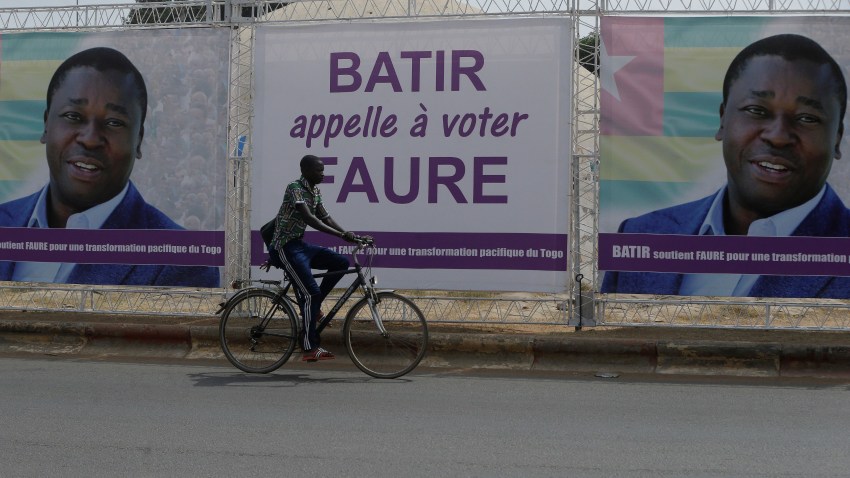Togo’s government said a planned opposition protest this week over the country’s new constitution was illegal. The new constitution, passed by lawmakers last month but yet to be enacted, shifts Togo from a presidential to a parliamentary system, in which most power lies in the hands of a prime minister-like figure chosen by legislators, rather than a directly elected president. (AP)
Our Take
Although legally complex, what Togo’s constitutional change boils down to is a classic move out of the autocrats’ playbook. President Faure Gnassingbe has been in power in Togo since 2005, when he succeeded his father, who took power in a 1967 coup. Gnassingbe has repeatedly made moves to prolong his time in office. This latest change allows him to stay in power until at least 2031.
More importantly, the move cancels the country’s presidential elections. Of course, previous elections had been marred by allegations of fraud, as well as intimidation of the opposition, but this change now means Gnassingbe need no longer even pay lip service to the idea of being accountable to the country’s voters. For the people of Togo, that deals a serious blow to widespread aspirations for a more responsive government and better delivery of public goods.

